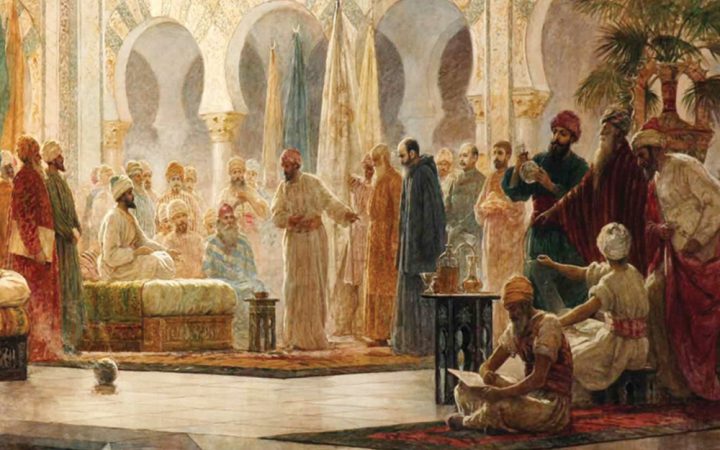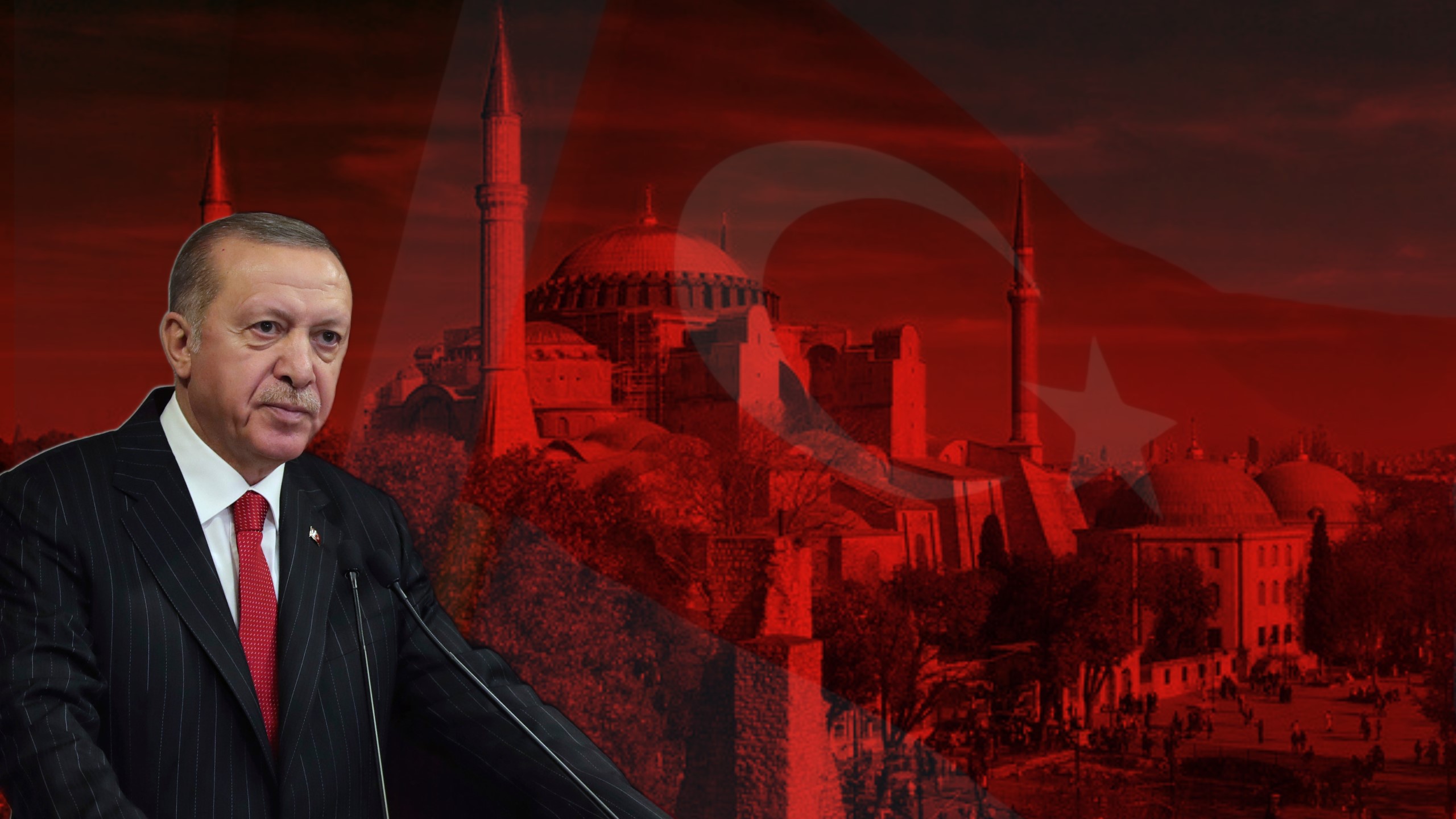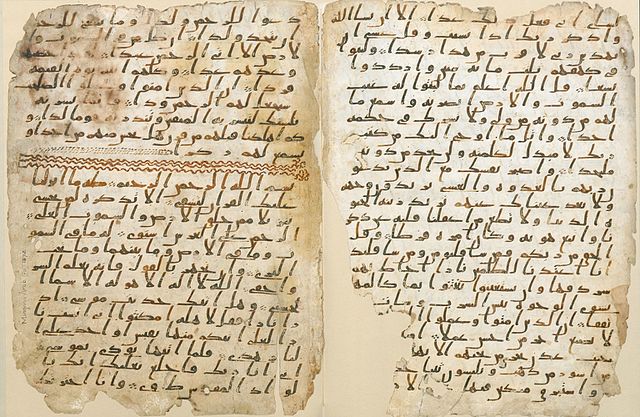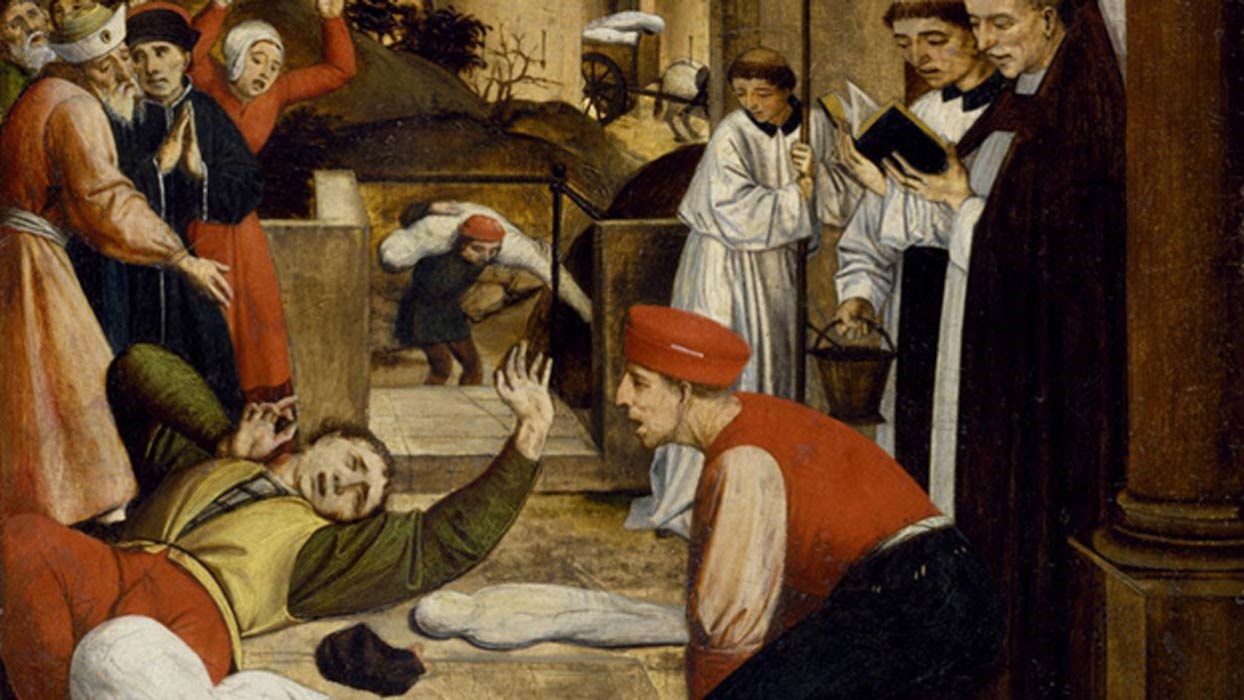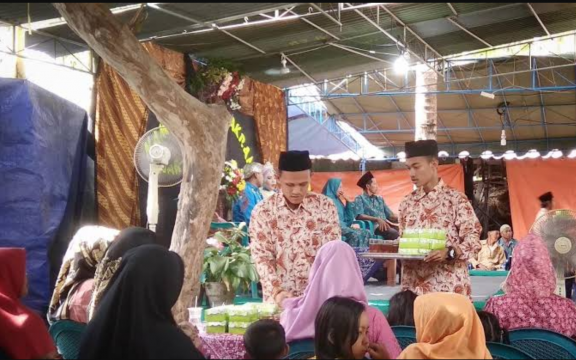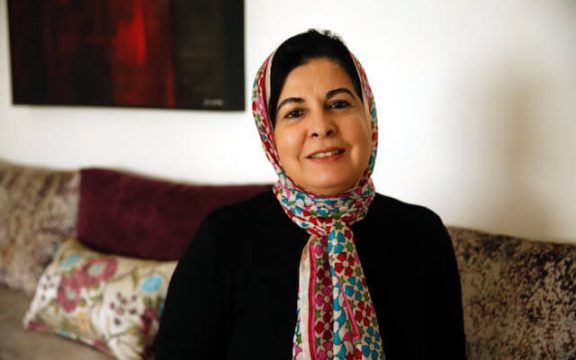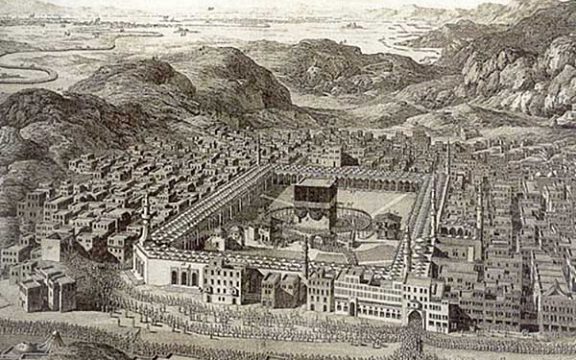I have never ceased to admire the spirit of Muslim scholars in medieval Islam era (about 8-13 / 14 AD which is often called “Medieval Islam”) in traveling to seek knowledge and wisdom. In history, medieval Islam, also known as Golden Age era, had produced a large number of scholars from a wide range of subject areas whose great works we still see a lot today.
Fez, Cairo, Mecca, Damascus, Baghdad, Kufa, Merv, Granada, etc. were the centers of Islamic knowledge and civilization which were rich and famous at the time. Muslim disciples (and also non-Muslims) travel from one city to another to study, to learn various subjects from the masters, both Muslim and non-Muslim. Even the masters that were qualified in their concerns, they do not hesitate to learn from the other masters who were considered more qualified and expert in certain subject. No matter what religion and school of thought they came from.
In pursuing knowledge, they were not selective (“Islamic science” and “non-Islamic science” for example) because, for them, all good knowledge comes from God. Therefore do not be surprised if most Muslim scholars at that time were “polymath ulama” who mastered various subjects and productive in writing on various subjects,contrary to the majority of scholars in the “Bitza Hat” era today who could only speak up a lot of verses, but poor in academic work.
At that time there were no bicycles, motorcycles, trains, cars, let alone airplanes. So, the trip of searching for knowledge was taken by riding on camels or walking that took months and even years lived in one place to another to gain knowledge and to find the masters with whom they studied. Moreover, it is important to note about the journey of legendary travelers for pursuing knowledge such as Ibn Fadlan from Baghdad, Ibn Jubair from Andalusia (Spain) or Ibn Battuta from Tangier, Morocco.
Because they spent a lot of time in the journey, a trip to search for knowledge was fraught with difficulties such starving. Some outstanding scholars such as Muhammad Ibn Kathir from Tabaristan and his friend, a famous historian and commentator, Ibn Jarir al -Tabari, sell their clothes to be exchanged for food, as example.
Indeed, there were disciples who brought abundant supplies because of rich families such as linguist Abu Ishaq al-Harbi or Ibnu Khaldun, prominent historians and sociologists from Tunisia, but this happened in a small number. In addition, there were also doing travel accompanied by their fathers, such as Abu Bakr al-Sijistani and his father, a prominent Hadith expert, Abu Dawud, who traveled from his native land in Sijistan to Khurasan, Persia, Hijaz, Iraq, Syria, and Egypt.
My intention in this writing is to convey about the extraordinary spirit of pursuing knowledge from various sources and masters by disciples in the medieval ages so as to be able to bring Islam in pioneering the world of knowledge and civilization at that time.
Unfortunately, the spirit of seeking knowledge that was “crossing the line” has now melted. Recently, Muslims are only busy thinking about their own groups, their own organizations, their own schools, their own parties, their own interests. Some are busy looking for money, projects, and property. Some are busy thinking about and correcting the faith of others, worship of others, acusing heresy of others. Others are busy forbidding trivial issues. Others are busy fighting with their own people. So sad.
If this mentality is not immediately changed, it will be difficult for Muslims to progress and develop in the world of knowledge and technology in the future.
![Islami[dot]co](https://en.islami.co/wp-content/themes/jambualas/images/logo.png)
